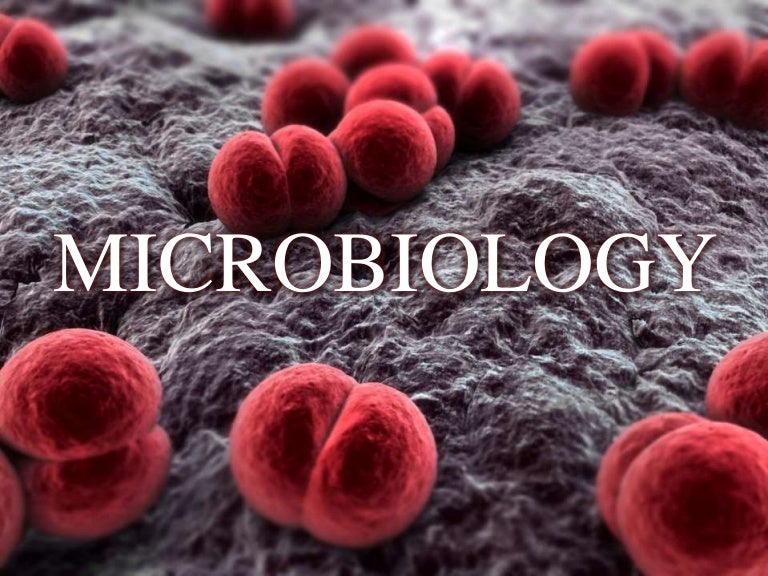

Throughout the duration of the course, you have the flexibility to pick modules that appeal to you, highlighting to future employers where your interests lie. You’ll then focus more on key aspects of microbiology at Levels 3 and 4, such as biochemistry, molecular structure, and gene regulation. This will prepare you for designing and carrying out projects later in your course. You will develop your practical skills such as laboratory skills, data analysis, and experiment design. We’ll start with a broad-based curriculum where you’ll study a wide range of life sciences topics at Levels 1 and 2. This will also help you gain an understanding of the fundamentals of the field. Our course curriculum is shaped by the work of our world-leading researchers to make sure you’re learning the latest advances. We'll look at how we can manipulate them and their behaviour with a view to improving health. On this course, we’ll look at how micro-organism work collectively to maximise their success. Microbiology is the study of microorganisms, a large and diverse group of organisms that exist as single cells or cell clusters.

It also includes how microbes react with each other and their environments. These include microbes like bacteria and fungi, and covers concepts like growth and regulation. Microbiology focuses on the biology of micro-organisms that are unicellular, multicellular, or acellular (without cells). Requirements for the Bachelor of Science degree in Microbiology at the University of Maine are satisfied with completion of at least 120 degree hours with a cumulative grade point average of at least a 2.0 overall in microbiology courses.Microbiology is the study of microscopic organisms, including bacteria, viruses, fungi, and parasites. AIDS, COVID-19, and other important diseases present new and exciting challenges for microbiologists in the public health field and advances in recombinant DNA technology, immunology, and the ability to manipulate the biology of microbial cells have revolutionized science and thrust microbiology into the center of the rapidly expanding arena of biotechnology. It is a broad, multi-disciplinary field using techniques of genetics, chemistry, biochemistry, physiology, ecology, and pathology to study the biology of microorganisms from gene expression at the molecular level to the composition of populations of microorganisms.Įxciting discoveries involving microorganisms have important and far reaching implications for biotechnology, molecular biology, medicine, public health and the environment. Microbiology is the study of microscopic forms of life such as bacteria and viruses and the immune response to these microorganisms.


 0 kommentar(er)
0 kommentar(er)
